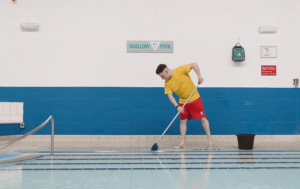
Treat Your Business This Valentine’s with a Better Business Water Supplier
Valentine’s Day is about appreciation — and while you’re thinking about how to show love to your team and customers,

Valentine’s Day is about appreciation — and while you’re thinking about how to show love to your team and customers,

Valentine’s Day is about appreciation — and while you’re thinking about how to show love to your team and customers, there’s one relationship that often gets overlooked: Your business water supplier If you’re dealing with confusing business water bills, hidden charges, or account support that doesn’t meet your standards, it
